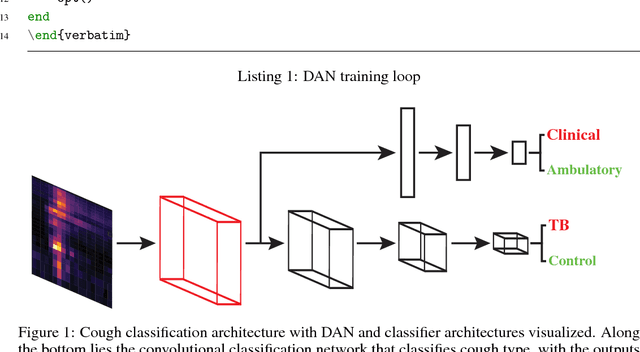Fashionable Modelling with Flux
Paper and Code
Nov 01, 2018
Machine learning as a discipline has seen an incredible surge of interest in recent years due in large part to a perfect storm of new theory, superior tooling, renewed interest in its capabilities. We present in this paper a framework named Flux that shows how further refinement of the core ideas of machine learning, built upon the foundation of the Julia programming language, can yield an environment that is simple, easily modifiable, and performant. We detail the fundamental principles of Flux as a framework for differentiable programming, give examples of models that are implemented within Flux to display many of the language and framework-level features that contribute to its ease of use and high productivity, display internal compiler techniques used to enable the acceleration and performance that lies at the heart of Flux, and finally give an overview of the larger ecosystem that Flux fits inside of.
 Add to Chrome
Add to Chrome Add to Firefox
Add to Firefox Add to Edge
Add to Edge